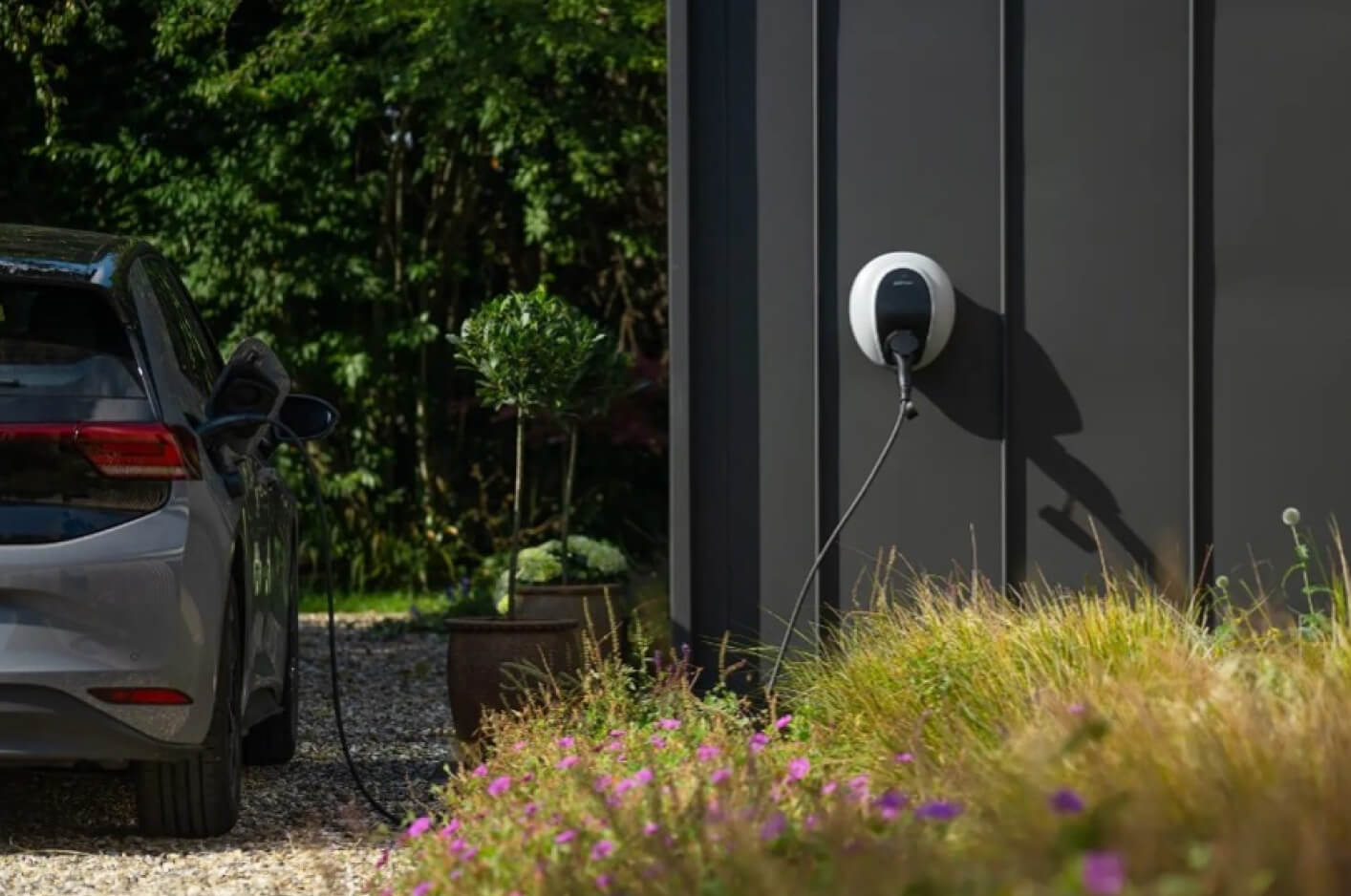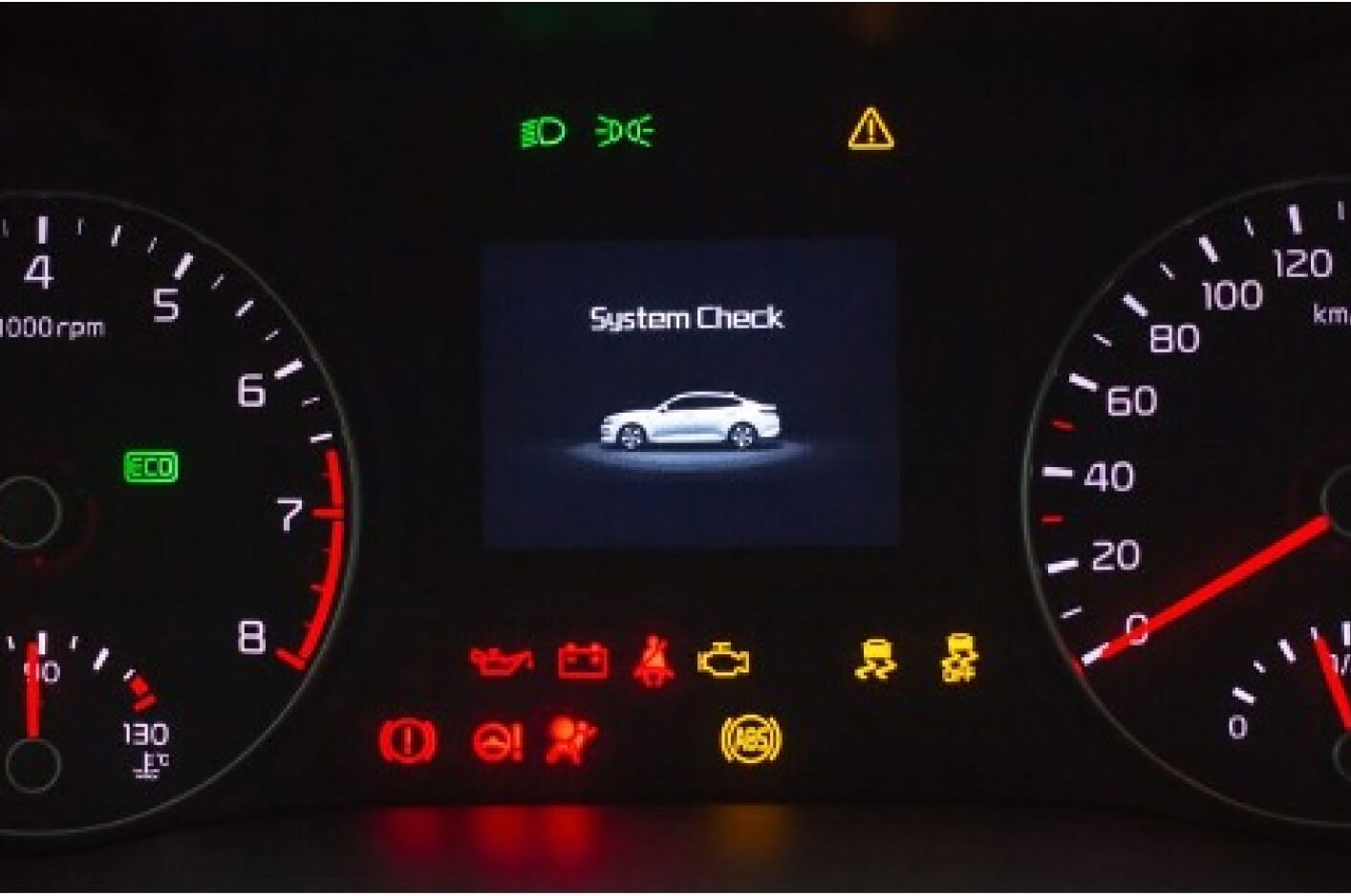1 December 2017
Fleet industry angry as government increases diesel company car tax
There has been concern within the fleet industry at the government’s decision to increase benefit-in-kind tax bills for around 800,000 employees who drive diesel company cars from April 6, 2018.

The announcement from Chancellor of the Exchequer Philip Hammond in the autumn Budget Statement has been met with criticism, as company car drivers are typically at the wheel of the safest low-emission vehicles.
What’s more, any move away from company cars and a rise in demand for cash allowances signals an increase in the size of the UK’s ‘grey fleet’ - employees who drive their own cars on business trips – and would significantly increase corporate administration, notably in respect of work-related road safety and employers’ duty of care compliance requirements.
A further option to save tax would be for either employers to ‘downgrade’ the level of company car entitlement to staff or for employees to voluntarily choose a cheaper vehicle than the grade to which they were entitled.
However, the forthcoming tax rise further underlines the requirement for fleet decision-makers to futureproof their vehicle operating decisions, as the default fuel choice may no longer be diesel. Petrol, hybrid and plug-in vehicles are all potential viable alternatives.
The Chancellor announced that the existing company car benefit-in-kind tax supplement would increase from 3% to 4% from April 6, 2018. He said the tax hike would help to pay for air quality improvements, with transport emissions one of the biggest contributors to pollution.
The rise from 3% to 4% applies to all diesel cars (not hybrid diesels) registered on or after 1st January 1998 that are not certified to the new Real Driving Emissions 2 (RDE2) standard.
The government admits that ‘few, if any cars, cars will meet RDE2 standards in 2018 to 2019’. The measure removes the diesel supplement altogether for diesel cars that are certified to the RDE2 standard.
The government says that 350,000 company car drivers per year replace their vehicles, so within a few years, most affected drivers would have had the opportunity to choose new models not subject to the supplement.
The government calculates that drivers of a BMW 3 Series (CO2 emissions 111-130g/km) will see tax bills rise in 2018/19 by £60 (basic rate taxpayer) and £120 (higher rate taxpayer), a BMW 6 Series (CO2 emissions 131-150g/km) by £125/250 and a Ford Focus (CO2 emissions 91-100g/km) by £43/£86.
For any employees driving cars that meet the standard and are therefore exempt from the new 4% supplement, HM Revenue and Customs says it will issue guidance on how they should be treated so that the diesel supplement is disapplied. The government currently estimates that will affect the ‘low hundreds’ of employees.
For 2019 to 2020 onwards, employers will have to note reported NOx emissions for new diesel cars and check whether or not they meet the RDE2 standard. The government says that information will be available on the same documentation - the certificate of conformity - which lists a car’s CO2 emissions figure.
‘Fleets and drivers choose to operate diesel company cars because they are efficient, particularly when clocking up high annual mileages. To penalise such a business-led decision is grossly unfair.
‘With already announced company car benefit-in-kind tax rates rising year-on-year, the one percentage point diesel supplement increase further slices away at the value of company cars to both employers and employees. Employees particularly may think that it is not worth having a company car and may opt for a cash allowance.’
By allowing employees to take a cash allowance, Mr Pryor warned that they may choose an older, more polluting vehicle than the company car they may otherwise have been entitled to, which then damages the government’s bid to improve air quality.
Gerry Keaney, Chief Executive of the British Vehicle Rental and Leasing Association, of which Activa Contracts is a member, accused the government of ‘going back on its word’ by retrospectively raising the company car tax bill of hundreds of thousands of workers.
He said: ‘People that chose a diesel car as a cost-efficient, low CO2 form of essential business travel are being punished unfairly. Why should drivers at work be treated differently from other taxpayers?’
Paul Hollick, Chairman of fleet industry training organisation ICFM added:
‘The actions that the government is taking shows that it does not understand that the emissions problem - and therefore the whole air quality problem - is with older vehicles. Cars that meet Euro 6 emissions standards, which is an increasing number of company cars, are the cleanest available.’


